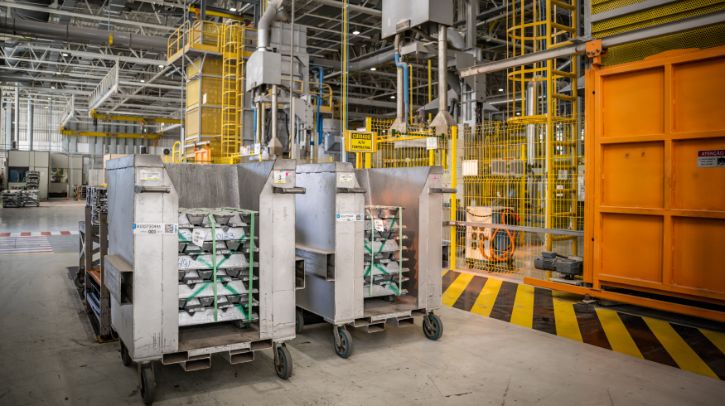Horse is to set up a new production line to cast aluminum engine cylinder heads at its Curitiba plant in Brazil. The facility will use the tilting gravity casting process to manufacture cylinder heads for its 1.0-liter and 1.3-liter flex-fuel engines.
Expected to cast 210,000 cylinder heads every year, Horse announced it will invest €26.3m (US$29m) in the new automated production line, and another €6.5m (US$7.2m) in the Curitiba plant to accommodate the testing and validation capabilities that come with the growth in production volume. This expansion plan is set to create 60 permanent jobs by 2026, by which time the new casting line is expected to be fully up and running.
Antonio Vaz, chief process engineering officer at Horse, said, “This new line also pioneers some of the most energy-efficient casting methods in the industry, with zero waste to landfill. It signals our commitment to South America and to next-generation processes at scale.”
The new line will be Horse’s first to use gravity casting for cylinder production, a process that delivers components with outstanding mechanical and material performance. Coupled with the use of sustainable inorganic sand, this means the new line will produce zero waste for landfill.
The new cylinder heads will power the HR10 and HR13 turbo gasoline engines, developed and manufactured to support the widespread use of flex fuels in Latin America. Horse also plans to produce both engines domestically at its Curitiba plant by the end of 2024.
To save mass and space, lower their center of gravity and improve thermal management, both engines use a delta-shaped cylinder head. The exhaust manifolds are directly cast into the head for quicker turbo response, leading to better low-speed torque delivery.


